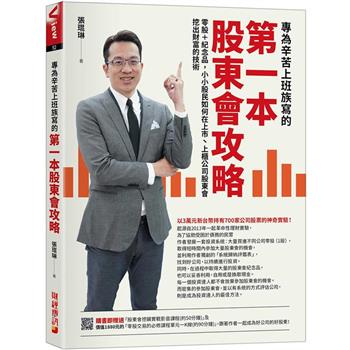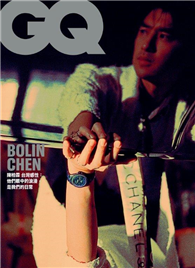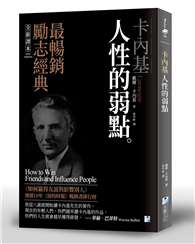Using the life and work of Günter Henle, Volker R. Berghahn examines the postwar West German approach to labour relations and European integration.The study of Henle simultaneously allows Berghahn to reflect on the unique insights into German Jewish life before and during the Nazi dictatorship that his story provides.
The book looks at how Henle suffered from Nazi persecution, but was ultimately protected by the Establishment he had married into. It then charts how, reinstated after 1945, he involved himself not only in the reconstruction of his Klockner industrial enterprise, but also in the rebuilding of the West German economy and society, and the development of the European Coal and Steel Community (ECSC) - the embryo of what was ultimately to become the European Union.
The Insider-Outsider of Early 20th-Century German Industrydiscusses West European and American strategies to complement NATO as the political and military counter to the perceived threat of the Soviet Bloc with the creation of institutions for economic cooperation. It is a timely analysis which stresses the importance of cooperation between employers, trade unions and government in securing compromise, social peace and economic stability in trans-Atlantic perspective at a time when the neo-liberal axioms of Thatcherite and Reaganite shareholder societies are again being held against the strengths of the managed stakeholder societies of the early post-war decades.
| FindBook |
有 1 項符合
The Insider-Outsider of Early 20th-Century German Industry: Gunter Henle and the Klockner Steel Conglomerate, 1899-1955的圖書 |
 |
The Insider-Outsider of Early 20th-Century German Industry: Gunter Henle and the Klockner Steel Conglomerate, 1899-1955 作者:Berghahn 出版社:Bloomsbury Academic 出版日期:2024-07-25 語言:英文 規格:精裝 / 224頁 / 23.39 x 15.6 x 2.54 cm / 普通級/ 初版 |
| 圖書館借閱 |
| 國家圖書館 | 全國圖書書目資訊網 | 國立公共資訊圖書館 | 電子書服務平台 | MetaCat 跨館整合查詢 |
| 臺北市立圖書館 | 新北市立圖書館 | 基隆市公共圖書館 | 桃園市立圖書館 | 新竹縣公共圖書館 |
| 苗栗縣立圖書館 | 臺中市立圖書館 | 彰化縣公共圖書館 | 南投縣文化局 | 雲林縣公共圖書館 |
| 嘉義縣圖書館 | 臺南市立圖書館 | 高雄市立圖書館 | 屏東縣公共圖書館 | 宜蘭縣公共圖書館 |
| 花蓮縣文化局 | 臺東縣文化處 |
|
|
圖書介紹 - 資料來源:博客來 評分:
圖書名稱:The Insider-Outsider of Early 20th-Century German Industry: Gunter Henle and the Klockner Steel Conglomerate, 1899-1955
內容簡介
作者簡介
Volker R. Berghahn is Seth Low Emeritus Professor of History at Columbia University, USA. His publications include: America and the Intellectual Cold Wars in Europe (2001); Quest for Economic Empire (ed., 1996); Imperial Germany (1995); The Americanization of West German Industry, 1945-1973 (1986); Modern Germany (1982); Der Tirpitz-Plan (1971); Europe in the Era of Two World Wars (2006); and most recently Journalists between Hitler and Adenauer (2018). Professor Berghahn is a Fellow of the Royal Historical Society, UK.
|










